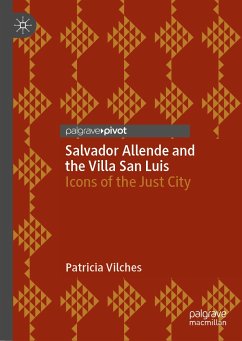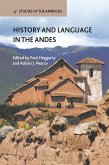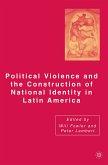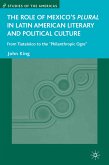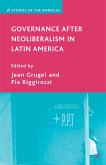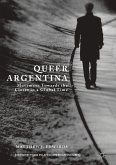--Juan Poblete, Professor of Latin/o American Literature and Cultural Studies, University of California, Santa Cruz.
"This wonderfully written book fills a void in the cultural history of Chile. It contextualizes and reviews the political history of the construction and destruction of the Villa San Luis de Las Condes, an audacious project of social integration and urban renewal in Santiago"
--Dr. Silvia Nagy-Zekmi, Professor Emerita of Hispanic and Cultural Studies at Villanova University.
The Villa San Luis de Las Condes illuminates Salvador Allende's dedication to the imperative of the right to the city for Chile's marginalized people. The military coup d'état of 11th September 1973 abruptly ended Allende'spresidency. Yet, material culture from the Villa San Luis remains to convey his legacy. It is a lieu de mémoire and an iconic space for Allende's just city. The remnants of the building also relate the wider injustice of the Pinochet regime. Many of the families were violently evicted during the dictatorship. Some were dispossessed, taken from Las Condes in garbage trucks, and dumped in poor communities. Over the decades, former residents fought back and, in 2020, they succeeded in making Block 14 a memorialized place of justice and reconciliation. It is now a national monument.
Patricia Vilches holds a Ph.D. in Romance Languages and Literatures from the University of Chicago. She is Professor of Spanish and Italian at Lawrence University, from which she retired. Her research focuses on Alberto Blest Gana, Violeta Parra, Víctor Jara, the Nueva Canción Movement in Chile, and Salvador Allende. She is the author of Blest Gana via Machiavelli and Cervantes: National Identity and Social Order in Chile (2017); edited and contributed to Negotiating Space in Latin America (2020), and Mapping Violeta Parra's Cultural Landscapes (2018).
Dieser Download kann aus rechtlichen Gründen nur mit Rechnungsadresse in A, B, BG, CY, CZ, D, DK, EW, E, FIN, F, GR, HR, H, IRL, I, LT, L, LR, M, NL, PL, P, R, S, SLO, SK ausgeliefert werden.

